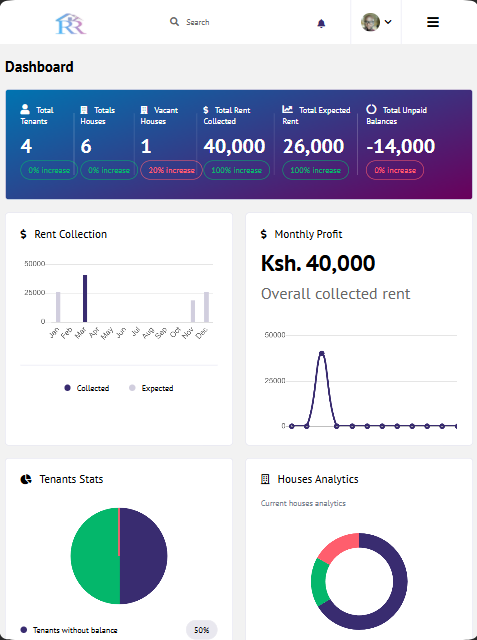What is a Money Market Fund?
A Money Market Fund is a type of mutual fund that invests in high-quality, short-term debt instruments, such as Treasury bills, commercial paper, and certificates of deposit. These funds aim to provide investors with a stable Net Asset Value (NAV), typically set at Ksh. 100 per share, while generating income through interest earnings. MMFs are often used as a cash management tool due to their liquidity and relatively low risk.
Money Market Funds are regulated under the Investment Company Act of 1940 in the United States, ensuring stringent oversight to protect investors. They come in various types, including government MMFs, prime MMFs (which invest in corporate debt), and municipal MMFs (which invest in tax-exempt municipal securities).
Benefits of Investing in Money Market Funds
1. Liquidity: MMFs allow investors to access their funds quickly, making them an ideal choice for short-term financial needs.
2. Stability: These funds are considered low-risk investments due to their focus on high-quality, short-term debt instruments.
3. Diversification: Money Market Funds pool investments from multiple investors, spreading risk across various short-term securities.
4. Competitive Returns: While not as high as long-term investments, MMFs typically offer better returns than traditional savings accounts and certificates of deposit (CDs).
5. Professional Management: Fund managers actively manage MMFs, selecting secure and liquid investments while maintaining the fund’s stability.
Drawbacks of Money Market Funds
1. Lower Returns: Compared to stocks, bonds, or even some fixed-income securities, MMFs offer relatively modest returns, making them less suitable for long-term wealth accumulation.
2. Not FDIC Insured: Unlike bank savings accounts, MMFs are not insured by the Federal Deposit Insurance Corporation (FDIC), which means they carry some level of investment risk.
3. Potential for NAV Fluctuation: Although rare, MMFs can experience a phenomenon called "breaking the buck," where the NAV falls below Ksh. 100 per share, leading to potential losses.
4. Expense Ratios: Some MMFs come with management fees, which can slightly eat into returns, especially in low-interest-rate environments.
Who Should Consider Money Market Funds?
Money Market Funds are best suited for investors who prioritize liquidity and capital preservation over high returns. They are commonly used by:
Individuals looking for a safe place to store emergency funds or idle cash.
Businesses managing short-term cash reserves.
Investors seeking a temporary holding place before deploying funds into other investments.
Conclusion
Money Market Funds offer an excellent balance of liquidity, safety, and modest returns, making them a preferred choice for short-term investment needs. While they are not ideal for aggressive growth, they serve as a practical financial tool for preserving capital and managing cash efficiently. Before investing, it’s crucial to assess your financial goals and risk tolerance to determine whether MMFs align with your investment strategy.










